
Harley Seyedin (second right), president of AmCham South China, addresses a conference on the release of the 2024 Special Report on the State of Business in South China in Guangzhou, Guangdong province, on Tuesday. (ZHENG CAIXIONG/CHINA DAILY)
About 62 percent of foreign companies in China have chosen not to shift their investments out of the country, as they believe that the nation has large room for further development, according to a recent survey.
Among these foreign-funded enterprises, 66 percent of U.S. companies said they remain committed to the Chinese market, representing the highest proportion of all businesses studied, according to the 2024 Special Report on the State of Business in South China.
The report was released by the American Chamber of Commerce in South China, or AmCham South China, on Tuesday. It is based on interviews with 183 member companies late last year.
"Not a single company declared a complete withdrawal from the Chinese market," said Harley Seyedin, president of AmCham South China, at a news conference in Guangzhou, Guangdong province, on Tuesday.
About 76 percent of polled companies plan to reinvest in China this year — one percentage point higher than in 2022, Seyedin said.
Meanwhile, 88 percent of polled companies reported profits in China, among which 46 percent reported that they had met their budget expectations. Also, 90 percent of the polled U.S. companies have achieved profitability in China.
Among the companies that have yet to make profits in China, 60 percent said they expected to achieve profitability within two years, while 15 percent believe it will take over six years.
"Generally speaking, the polled companies believe that they enjoy a high rate of return on investment (ROI) in China," said Seyedin.
Eighty percent of these companies reported that their overall ROI in China is positive, or very positive — a proportion far higher than the average positive ROI (74 percent) during three years of the COVID-19 pandemic, he added.
Compared with their overall return on global investment, over half of the companies studied (51 percent) believe their overall ROI in China is better, said Seyedin.
Referring to business in the Chinese market, 62 percent of the companies said they are bullish on prospects here.
Seyedin said the Chinese economy in 2023 beat its annual growth target, with GDP expanding 5.2 percent and reaching a total of $17.52 trillion.
"The country is estimated to have contributed around one-third of global economic growth last year, remaining a crucial locomotive in promoting the world's economy," he said.
"According to a study by Enright, Scott and Associates, foreign-invested enterprises account for 33 percent of China's GDP and 27 percent of its employment," said Seyedin, adding that U.S. companies also contribute big to China's GDP.
"This explains the reason why foreign enterprises, however cautiously, continue their interest in the Chinese market in spite of continued difficulties facing all companies — such as the impact of three years of COVID-19, interruptions in the supply chain, shipping container shortages, exorbitant cost of international travel and logistics and anemic world demand."
Seyedin said the proportion of U.S. companies budgeting to reinvest $250 million or more has increased to 4 percent.
"Sales, marketing and business development remain the primary areas of reinvestment for our member companies. But at the same time, they are also paying attention to innovation and talent cultivation.
"This will strengthen corporate competitiveness and provide momentum for China's transition from high-speed growth to high-quality development," said Seyedin.
Guangzhou has been recognized for seven consecutive years as the most preferred investment destination in China, followed by Shenzhen in Guangdong province, Shanghai, and Beijing, he said.
Seyedin said he believes the Guangdong-Hong Kong-Macao Greater Bay Area will be attractive for international investors in the following years, as the cities in the cluster have strong complementarity in terms of their major growth drivers, such as Shenzhen's innovation talent and Dongguan's manufacturing prowess.
Official statistics showed that the GBA, which includes nine Guangdong cities, and the Hong Kong and Macao special administrative regions, reached a GDP of more than 13 trillion yuan ($1.83 trillion) last year.
William Huang, managing partner, Guangzhou branch, South China, Ernst and Young Hua Ming LLP, also said he is confident of the GBA's future development, as the region has the country's strongest economic vitality.
The GBA has been boosting infrastructure to support its interconnectivity, allowing people in the GBA to travel more efficiently through high-speed railway services and expressway networks, Huang said.
Efforts are also being made to facilitate connections between system mechanisms, laws and regulations and mutual recognition of certificates, he added.








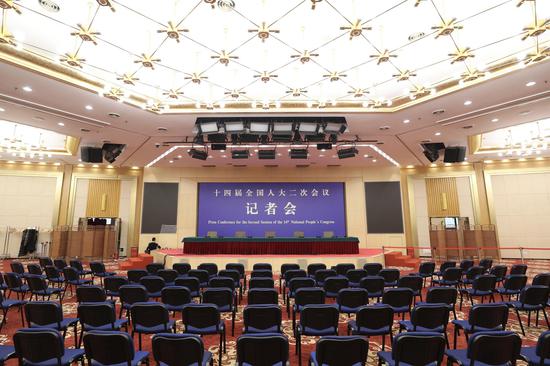
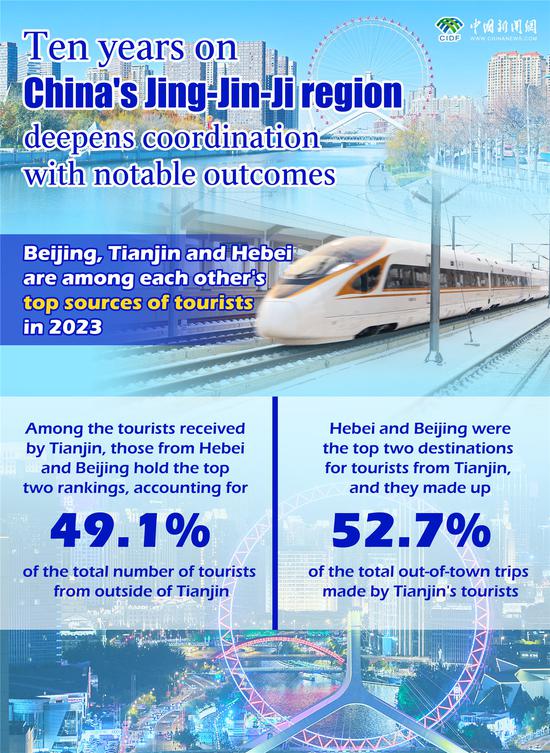
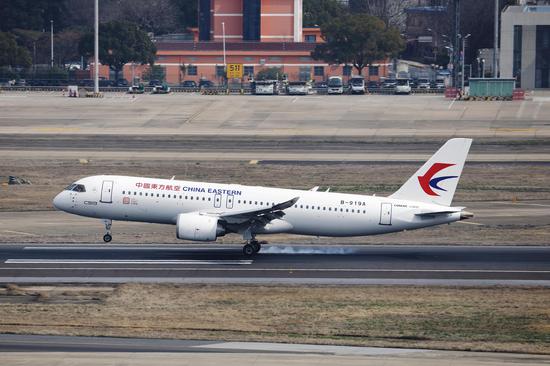



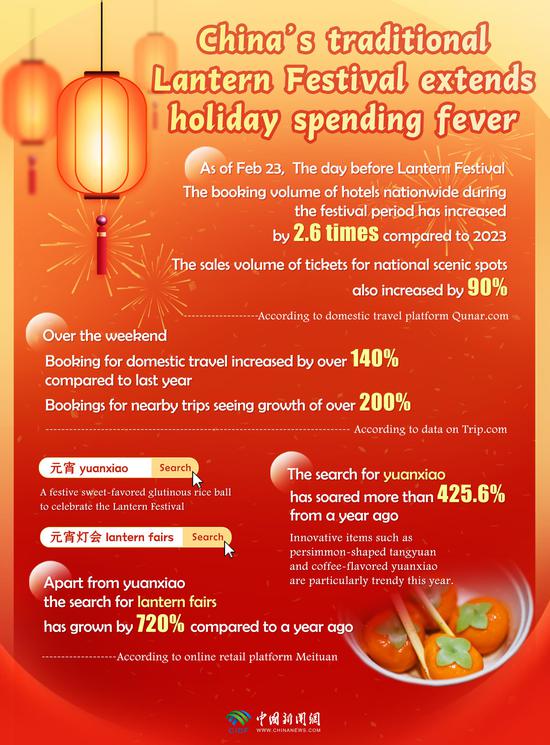










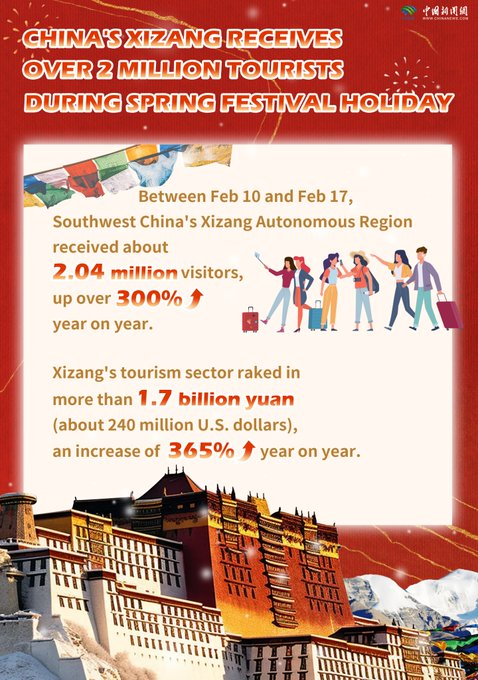
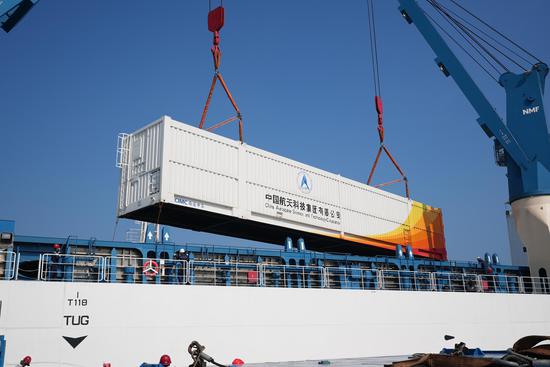









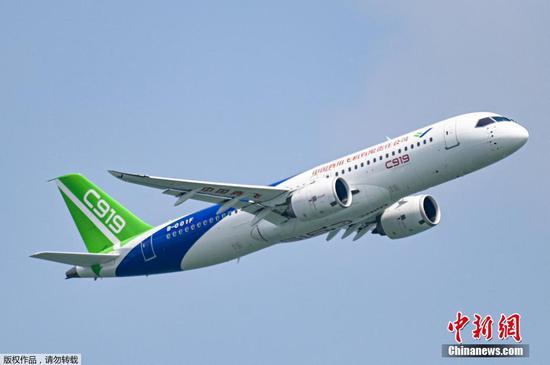



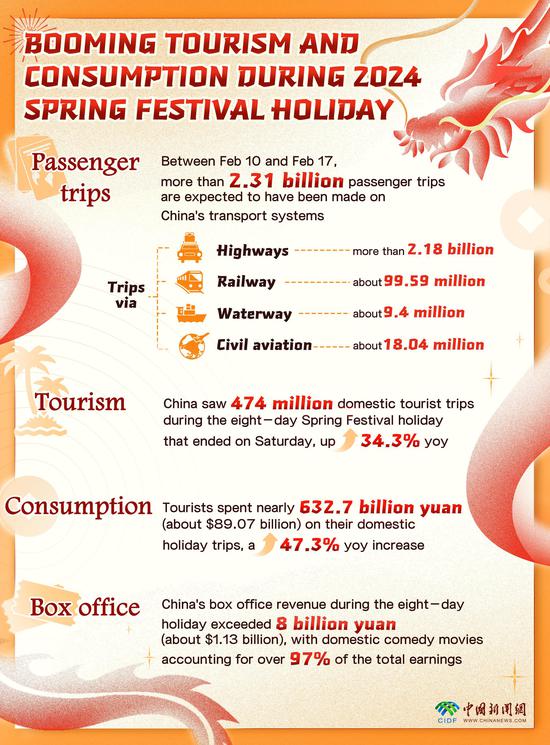









 京公網安備 11010202009201號
京公網安備 11010202009201號